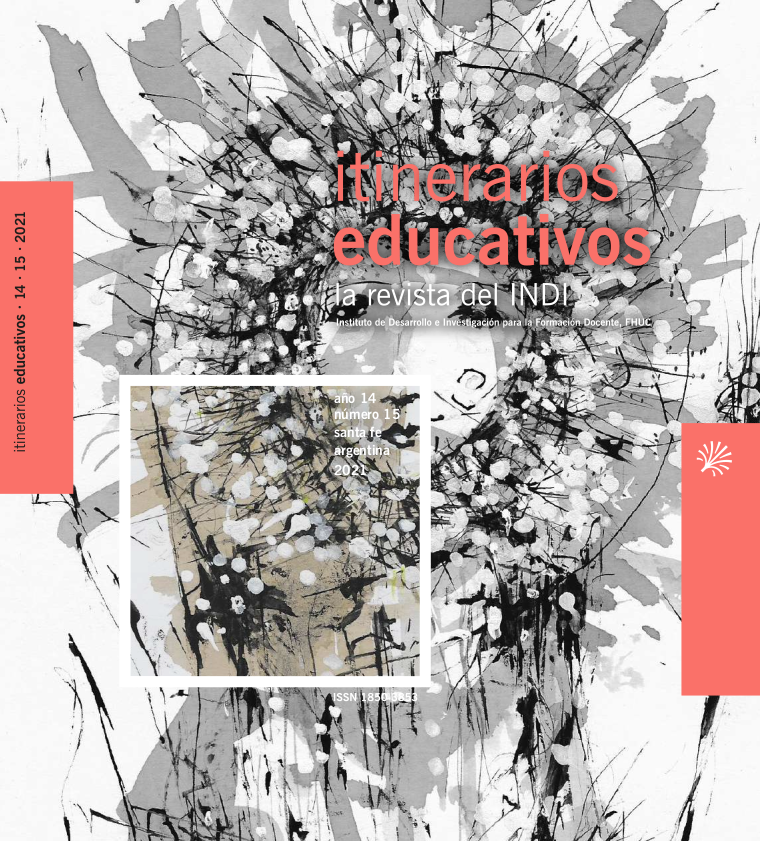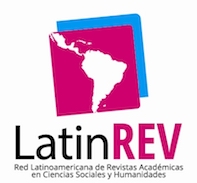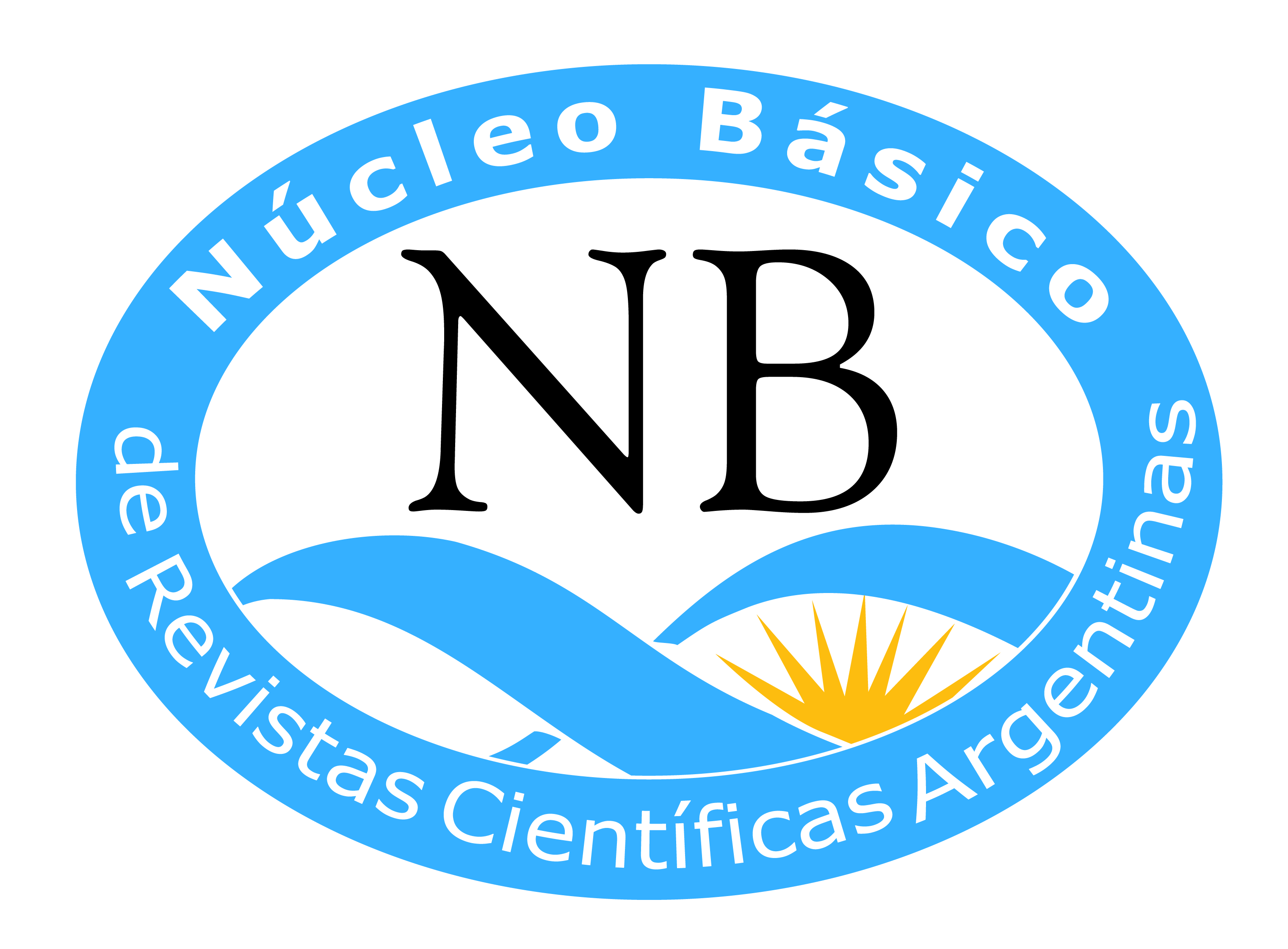Curriculum, assessment, and accreditation in teacher education programs. An analysis of National Plans in Argentina
DOI:
https://doi.org/10.14409/ie.2021.15.e0011Keywords:
teacher education, curricular policies, of teacher education assessmentAbstract
Since the creation of the National Institute for Teacher Education in Argentina, teacher education policies are revealed in three national plans developed in different national government administrations. Each one generated a set of regulations that aimed at adjusting these policies to each provincial context. This diversity of stages, contexts, and definitions leads to the need for an analysis of plans continuity, undergone changes, and the dynamics of the implementation of the defined policies. This work is part of a research project of Universidad Pedagógica Nacional of Argentina and its object of analysis is preschool teacher education through the comparative study of curricular policies, accreditation, and comprehensive assessment. These measures demand a constant compromise between the national state and Argentine jurisdictions, since any change introduced into national guidelines affects every provincial institution. This article provides an analysis of the federal concertation processes, the role played by the national state, and the tensions between federal, provincial, and institutional scopes as regards preschool teacher education.
Downloads
Published
How to Cite
Issue
Section
License
Those authors who have publications with this magazine, accept the following terms:
The authors will retain their copyright and guarantee the journal the right of first publication of their work,
which will be simultaneously subject to the Creative Commons Recognition License that allows third parties to share
the work whenever its author and first publication this magazine.
Authors may adopt other non-exclusive licensing agreements for the distribution of the published work (eg, deposit
it in an institutional telematic file or publish it in a monographic volume) whenever the initial publication in this
journal is indicated.
Authors are allowed and advised to disseminate their work through the Internet (eg, in institutional telematic files
or on their website) before and during the submission process, which can produce interesting exchanges and increase
citations of the published work. (See The effect of open access).
















